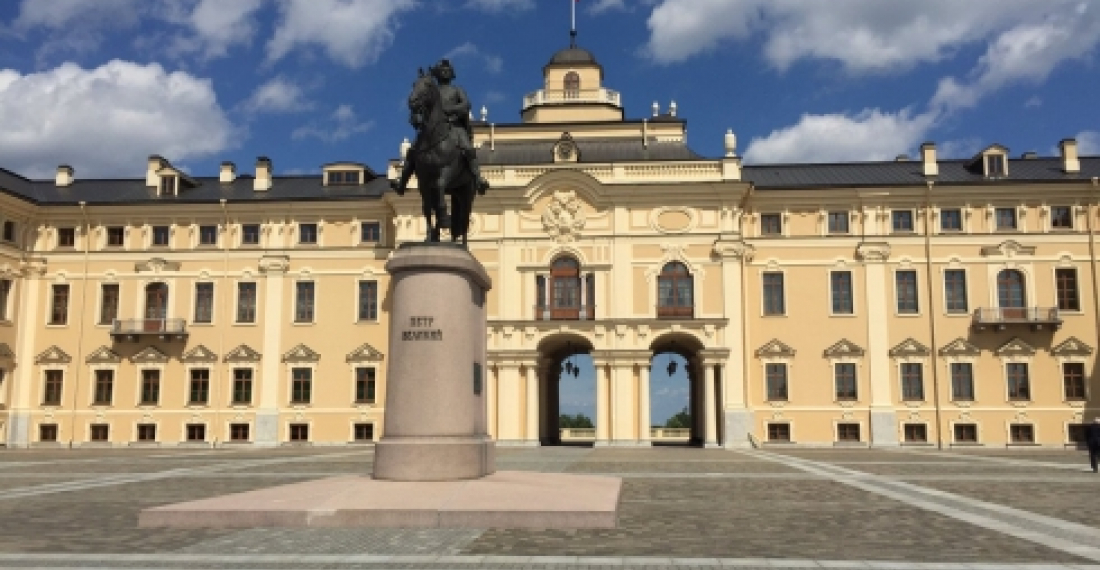Президент Армении Серж Саргсян и президент Азербайджана Ильхам Алиев, прибыли в Санкт-Петербург, где позже должны будут провезти отдельные двусторонние встречи с президентом России Владимиром Путиным. После чего президенты встретятся в трехстороннем формате, и, как ожидается, продолжат обсуждение за рабочим завтраком.
Основной темой обсуждений будет конфликт в Нагорном Карабахе, и эскалация насилия, имевшее место на линии соприкосновения в апреле. Пресс-секретарь президента РФ Дмитрий Песков отметил, что основной задачей российской стороны является "застраховаться от возобновления боевых действий, не дать пропасть тем наработкам, которые были на момент возобновления насилия вокруг Карабаха". На встрече в Вене в мае, организованной сопредседателями Минской группой ОБСЕ, стороны договорились реализовать механизм по расследованию инцидентов, но детали по этому поводу не были согласованы.
Сопредседатель Минского процесса ОБСЕ от США, посол Джеймс Уорлик, сообщил в своем Твиттере, что переговоры, проходящие в Константиновском дворце в Санкт-Петербурге, будут способствовать "построению доверия, ускорению укрепления доверия, а также создаст условия для работы над рамочным соглашением по Карабаху".
источник: commonspace.eu по материалам агентств
Фото: Константиновский дворец в Санкт-Петербурге, место проведения встречи между президентом Путиным и президентами Армении и Азербайджана 20 июня 2016 года (фото любезно предоставлено @AmbJamesWarlick)






